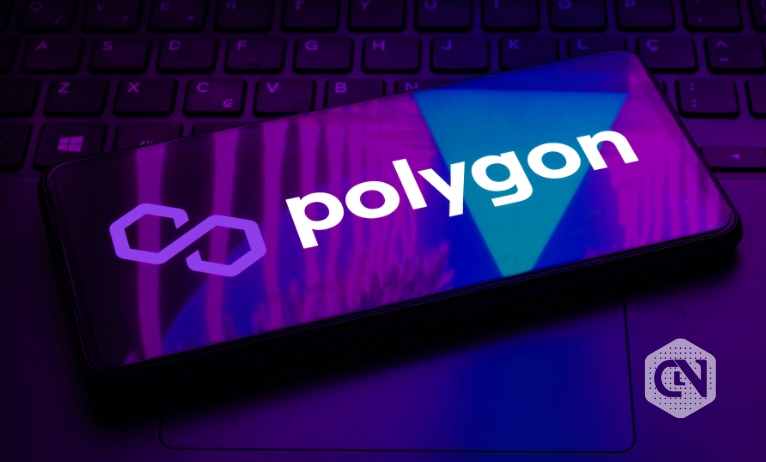[ad_1]
Polygon Labs recently released a full-fledged guide on Polygon CDK sovereign L2 scaling. The guide was shared on the official X/Twitter channel of Polygon.
The tweet stated how the Polygon Chain Development Kit allows developers to design and release Zk L2s on Ethereum. Now, Polygon is trying to make its CDK-deployed chains unified and interoperable in a ZK-powered Polygon ecosystem.
Currently, it is easy for anyone to discover, create, and share data on the internet without taking internet capacity into account. However, capacity can be increased by adding more servers as new users come online. Thus, the internet is scalable infinitely, allowing it to meet more demand with more supply in a unified environment.
Polygon CDK is trying to replicate this sense of scalability on Ethereum. The Chain Development Kit can help Ethereum launch new blockchains for any purpose. Instead of shifting data around, like on the web, users can transfer value, be it NFTS, coins, tokens, or anything of value.
The kit can also help developers launch more supply to meet a surge in demand. Developing with Polygon CDK also allows apps to become appchains. Similarly, Layer 1s can also become Layer 2s with a trustless bridge attached to Ethereum.
After explaining the pros of the Polygon CDK, Polygon Labs shed light on the mechanics of the development kit.
Polygon CDK can be defined as a collection of open-source software components. These components allow developers to launch ZK-based Layer 2 chains on Ethereum. It enables unlimited scalability, thanks to Polygon 2.0.
Polygon CDK boasts core values, such as:-
- Zero-knowledge security to bridge between Polygon CDK chains and Ethereum
- Complete customizability and sovereignty powers to developers
- Future interoperability with a streamlined interop layer and LxLy bridge
- Ethereum liquidity, which is accessible using ZK tech
Besides this, Polygon Labs also mentioned some features planned to be released on Polygon CDK in 2024. These are:-
- Shared sequencing to support 3rd-party decentralized sequencing solutions
- A staking hub where network participants can save Polygon protocols
- An interoperability layer built on a unified LxLy bridge for near-instant L2<>L2 transactions
[ad_2]

